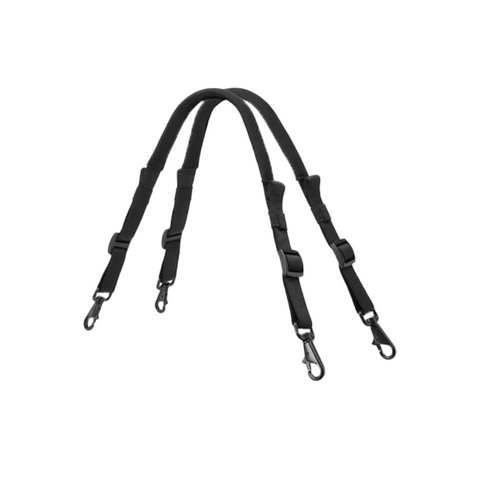Could your senior dog be depressed?
Everyone thinks that our dogs are overjoyed because we are home with them more often during COVID. However, what they’re not considering is that dogs are very intuitive about their owner’s moods. Many owners have lost their jobs and money is tight. Other owners are wrestling with sending their kids back to school or homeschooling them. Day care can be a problem. Some people have major health concerns. The stress of the parents can definitely be rubbing off on the dog.
Times are chaotic right now and it’s no surprise that stress levels are high. It’s okay to not be okay!
“Pets’ world just suddenly turned upside down,” said Stephanie Borns-Weil, DVM/DACVB, head of the behavior service at Cummings Veterinary Medical Center. “And while individual dogs and cats may vary in their reactions, change in general is very challenging for most animals.”
Remember how much dogs love routine. And COVID has totally changed their routines! Some dogs are acting needier than usual or even reverting to puppy behaviors. Separation anxiety is a big issue when the parents and kids leave the house.
How can you tell if your dog is depressed”? Here are some signs to look for:
- Withdrawn
- Inactive
- Eating and sleeping habits change
The good news is that dog depression generally doesn’t last a long time like adult depression. Interesting, should the depression continue, the medications given to humans often may be the same given to dogs. In dogs it can take up to two months for drugs to become effective. But unlike people, who often remain on antidepressants for years, most dogs can get better in six to 12 months and then be taken off the drugs.
Before your dog gets the blues, extra car rides or games of fetch might do the trick. Remember that dogs aren’t vindictive by nature and extra patience will be needed.
Some Ideas to Keep In Mind
- As off kilter as schedules are, try and stick to a routine. Dogs are less stressed with structure. Start your day with a walk, then give your dog an interactive toy when you retreat to your office to get some work done.
- Dogs need quiet time too. They need a space to call their own, free of people where they can go and relax. When they’re in their favorite spot, don’t let anyone bother them, pick them up or move them.
- Plan for a return to a new normal. If you have to go back to an office, get your dog slowly used to you being gone. You want your dog to entertain himself when you are not there.
The one thing we may have all learned is what it is like to be locked in our houses all day like our pets. We realize how important it is to have mental and physical stimulation to be happy and healthy!



